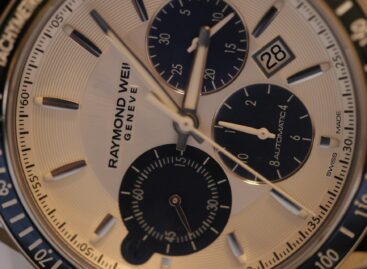(HU) Megnyerte a csokinyuszi-pert a Lindt&Sprüngli
Lindt & Sprüngli’s foil-wrapped chocolate bunnies deserve protection from copycat products, Switzerland’s highest court ruled on Thursday, and ordered German discounter Lidl to stop selling a similar product in Switzerland and to destroy its remaining stock.

Surveys submitted by Lindt showed Lindt’s Easter bunny was well known to the public, the Federal Court said, adding the two products were likely to be confused even though there were some differences between them.
It overturned a Swiss commercial court’s ruling against Lindt and in favour of two Swiss units of Lidl last year and ordered Lidl to destroy its inventory of chocolate bunnies.
‘Destruction Is Proportionate’
‘Destruction is proportionate, especially as it does not necessarily mean that the chocolate as such would have to be destroyed,’ it said in a summary of its verdict.
Swiss premium chocolate maker Lindt has fought many court battles over the years to protect one of its best-selling products.
Germany’s federal court ruled last year that the gold tone of its foil-wrapped Easter bunny had trademark protection.
Growth in the global chocolate market has been sluggish of late, but Lindt & Sprüngli managed to outperform the market because customers are willing to pay more for its upmarket products and the novelties it launches regularly.
Related news
Swiss watch exports rose 3.3 percent in December and fell 1.7 percent last year
🎧 Hallgasd a cikket: Lejátszás Szünet Folytatás Leállítás Nyelv: Auto…
Read more >Aldi and Lidl cut prices of chocolate products
🎧 Hallgasd a cikket: Lejátszás Szünet Folytatás Leállítás Nyelv: Auto…
Read more >Related news
How does the forint exchange rate affect consumer prices?
🎧 Hallgasd a cikket: Lejátszás Szünet Folytatás Leállítás Nyelv: Auto…
Read more >HELL CITY has arrived, led by Michele Morrone
🎧 Hallgasd a cikket: Lejátszás Szünet Folytatás Leállítás Nyelv: Auto…
Read more >Two million people have already voted, so 57 million forints will be given to locals in 125 settlements, courtesy of Tesco
🎧 Hallgasd a cikket: Lejátszás Szünet Folytatás Leállítás Nyelv: Auto…
Read more >








